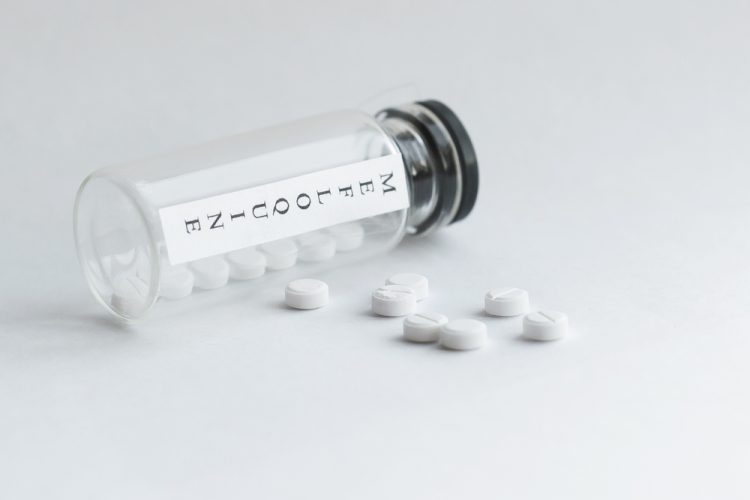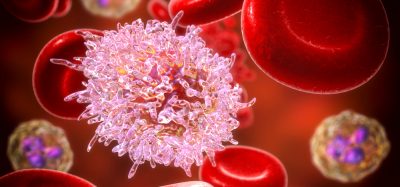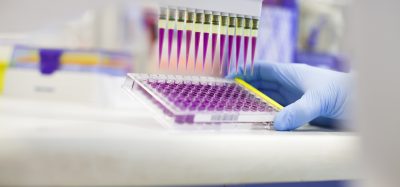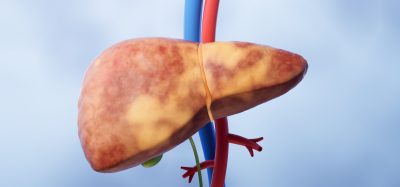Mefloquine identified as promising potential drug to combat COVID-19
Posted: 6 July 2021 | Anna Begley (Drug Target Review) | No comments yet
Researchers in Japan propose that the antimalarial drug mefloquine could be repurposed to effectively treat SARS-CoV-2.


In a breakthrough study, researchers from Tokyo University of Science and collaborating institutions in Japan have identified the antimalarial drug mefloquine as a potential drug that could be used to effectively treat patients with COVID-19.
Lead scientist in the team, Dr Koichi Watashi, stated: “To identify drugs with higher antiviral potency than existing antivirals, we first screened approved antiparasitic/antiprotozoal drugs. We found that mefloquine had the highest anti-SARS-CoV-2 activity among the tested compounds… In our cell assays, mefloquine readily reduced the viral RNA levels when applied at the viral entry phase but showed no activity during virus-cell attachment. This shows that mefloquine is effective on SARS-CoV-2 entry into cells after attachment on cell surface.”
To bolster mefloquine’s antiviral activity, the team looked into the possibility of combining mefloquine with nelfinavir which inhibits the replication step of SARS-CoV-2. They observed that the two drugs acted in “synergy” and that the drug combination demonstrated greater antiviral activity than when they were used alone, without being toxic to the cells in the cell lines.
Biomarkers aren’t just supporting drug discovery – they’re driving it
FREE market report
From smarter trials to faster insights, this report unpacks the science, strategy and real-world impact behind the next generation of precision therapies.
What you’ll unlock:
- How biomarkers are guiding dose selection and early efficacy decisions in complex trials
- Why multi-omics, liquid biopsy and digital tools are redefining the discovery process
- What makes lab data regulatory-ready and why alignment matters from day one
Explore how biomarkers are shaping early drug development
Access the full report – it’s free!
The researchers also mathematically modelled the effectiveness of mefloquine to predict its potential real-world impact if applied to treat COVID-19. They predicted that mefloquine could reduce the overall viral load in affected patients to under seven percent and shorten the ‘time-till-virus-elimination’ by 6.1 days.
The team say the next stage of the study will be to go to clinical trials. Due to the severity of the pandemic, some approved drugs, such as hydroxychloroquine, lopinavir and interferon, have already been put to clinical use against SARS-CoV-2, however their clinical efficacies are not yet well-established. Only remdesivir has been approved for clinical use against severe COVID-19, although its efficacy is still being debated. The researchers emphasise that mefloquine is therefore an exciting potential drug to effectively treat COVID-19 patients.
The study was published in Frontiers in Microbiology.
Related topics
Drug Leads, Drug Repurposing, High-Throughput Screening (HTS), In Vitro, Screening
Related conditions
Covid-19
Related organisations
Tokyo University of Science
Related people
Dr Koichi Watashi








